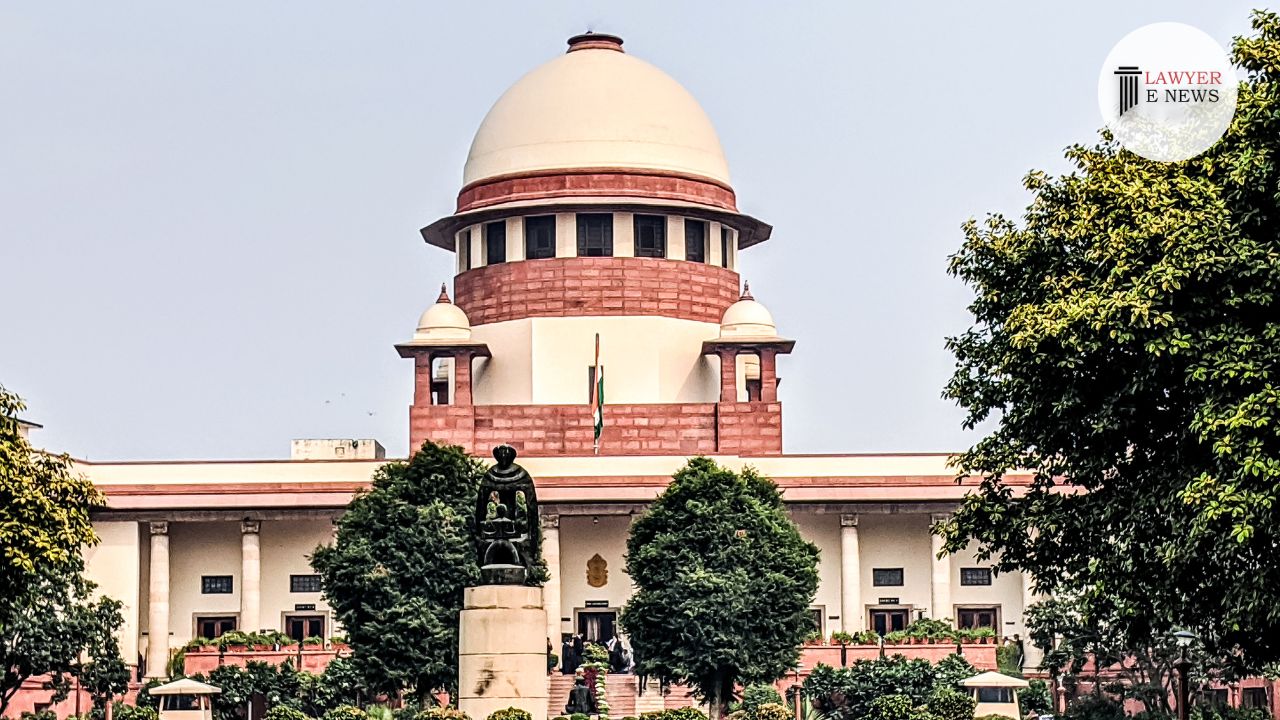-
by Admin
16 February 2026 1:47 PM



In a significant ruling, the Supreme Court of India today rejected the bail application of Gurwinder Singh, accused of involvement in activities connected with the banned terrorist organization “Sikhs for Justice.” The judgment in Criminal Appeal No.704 of 2024, delivered by a bench comprising Justices M.M. Sundresh and Aravind Kumar, emphasized the stringent bail provisions under the Unlawful Activities (Prevention) Act (UAP Act) and the gravity of the accusations against Singh.
The judgment delved deeply into the legal framework of Section 43D of the UAP Act, which governs bail provisions for offences under this Act. The Court underscored that under the UAP Act, the standard for granting bail is more stringent than in ordinary criminal cases, placing a heavy burden on the accused to demonstrate their eligibility for bail.
The case dates back to 2018 when Gurwinder Singh, along with others, was arrested for alleged involvement in activities supporting the separatist ideology of “Khalistan.” The National Investigation Agency (NIA) took over the case in 2020, framing charges for raising funds, conspiracy, and other acts under the UAP Act and Arms Act. The High Court of Punjab and Haryana had earlier upheld the trial court’s decision to deny bail, leading to the present appeal in the Supreme Court.
Justice Aravind Kumar, in his judgment, noted, “The courts are burdened with a sensitive task. In dealing with bail applications under UAP Act, the courts are merely examining if there is justification to reject bail.” The Court observed that the material on record prima facie indicates Singh’s complicity in the alleged conspiracy. Referring to Singh’s involvement, the bench stated, “the material on record indicates the involvement of the appellant in furtherance of terrorist activities backed by members of banned terrorist organization...”.
The judgment extensively referenced the provisions of the UAP Act, particularly Section 43D(5), and earlier Supreme Court precedents on the interpretation of this section. The Court underscored the principle that bail is not a right under the UAP Act and is subject to stringent scrutiny.
The Supreme Court, upon careful examination of the materials and arguments presented, concluded that the Appellant failed to satisfy the criteria for bail under the UAP Act. Consequently, the bail application was rejected, and the appeal was dismissed.
Date of Decision: February 7, 2024.
Gurwinder Singh Vs. State of Punjab & Another
